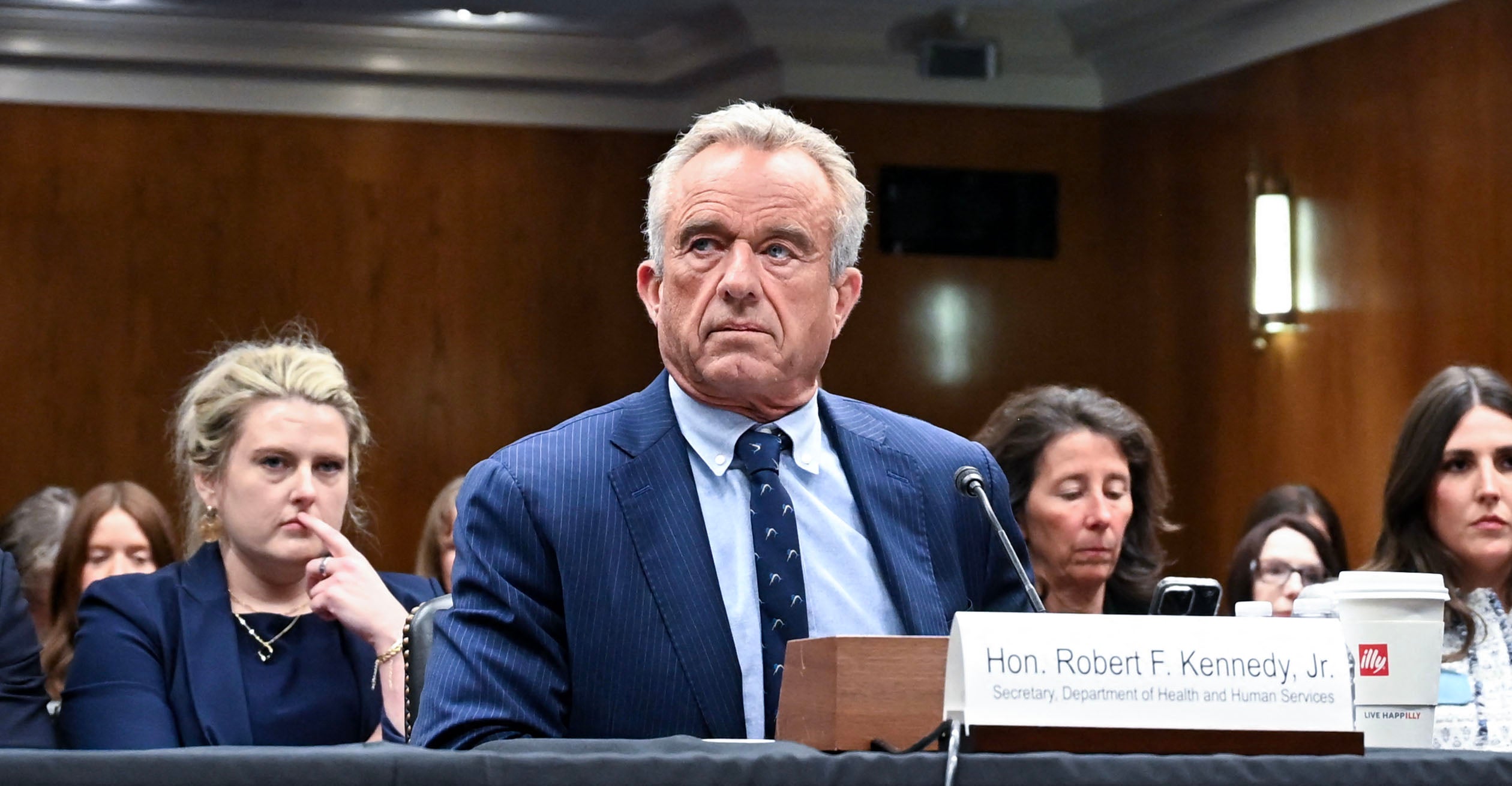Protecting Singapore: Why Animal Vaccination is Crucial for Public Health & Trade Stability

Singapore's robust trade and public health rely on a critical, often overlooked factor: animal health. Recent disruptions to Brazilian poultry exports due to bird flu serve as a stark reminder of the interconnectedness of animal, human, and economic wellbeing. According to the World Organisation for Animal Health (WOAH), widespread animal vaccination is no longer just an agricultural concern – it's a vital safeguard against deadly disease outbreaks, a protector of public health, and a key to maintaining stable global trade flows.
The Ripple Effect of Animal Diseases
The current bird flu crisis impacting Brazil highlights the potential domino effect of animal diseases. When poultry populations are affected, it doesn't just impact farmers and the poultry industry; it reverberates through the entire food supply chain, leading to export restrictions, price increases, and potential food security concerns. Beyond economic impacts, animal diseases can, in some cases, mutate and jump to humans, posing a significant public health risk. This is particularly concerning with diseases like avian influenza and African swine fever, which have demonstrated the ability to cross species barriers.
Vaccination: A Proactive Defence
WOAH’s message is clear: proactive vaccination programs are essential. Rather than reacting to outbreaks, investing in preventative measures like widespread vaccination can significantly reduce the likelihood and severity of disease spread. This approach offers numerous benefits:
- Reduced Disease Prevalence: Vaccines stimulate the animal's immune system, making them less susceptible to infection and reducing the overall prevalence of the disease.
- Protection of Public Health: By controlling diseases in animal populations, we minimize the risk of zoonotic diseases (diseases transmitted from animals to humans).
- Trade Stability: Countries with robust animal health systems and effective vaccination programs are viewed as lower risk by trading partners, facilitating smoother trade and reducing disruptions.
- Economic Benefits: Preventing outbreaks is far more cost-effective than dealing with the aftermath of a widespread disease. Reduced losses in livestock, lower trade barriers, and increased consumer confidence all contribute to economic stability.
Singapore's Perspective: A Strategic Investment
Singapore, with its reliance on imported food and its strategic role in global trade, has a vested interest in promoting animal health globally. Supporting initiatives that encourage animal vaccination in exporting countries is not just a matter of altruism; it’s a strategic investment in our own food security, public health, and economic stability. Furthermore, strengthening our own animal health surveillance and response capabilities, including robust vaccination programs for susceptible species, remains paramount.
Looking Ahead: Collaboration and Innovation
Addressing the challenges of animal disease requires a collaborative, global effort. This includes:
- International Collaboration: Sharing data, best practices, and resources among countries.
- Investment in Research & Development: Developing new and improved vaccines and diagnostic tools.
- Strengthening Veterinary Infrastructure: Supporting veterinary services in developing countries.
- Public Awareness Campaigns: Educating the public about the importance of animal health and biosecurity.
The situation in Brazil serves as a wake-up call. Prioritizing animal health through widespread vaccination is not just a responsible approach; it’s a necessary one for safeguarding Singapore’s future.



)


